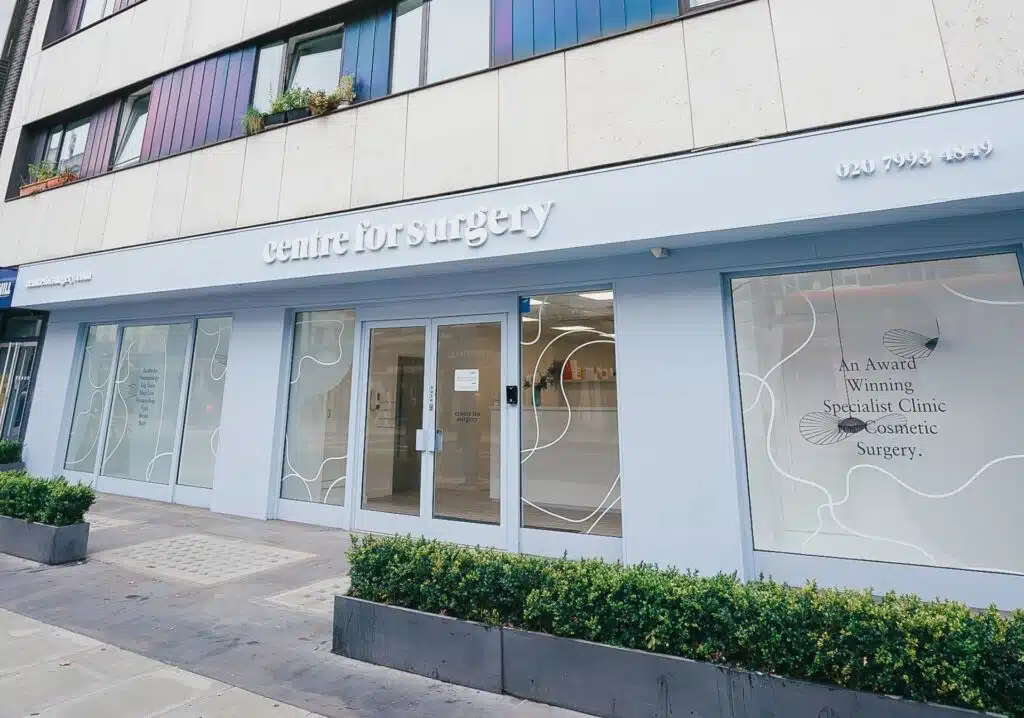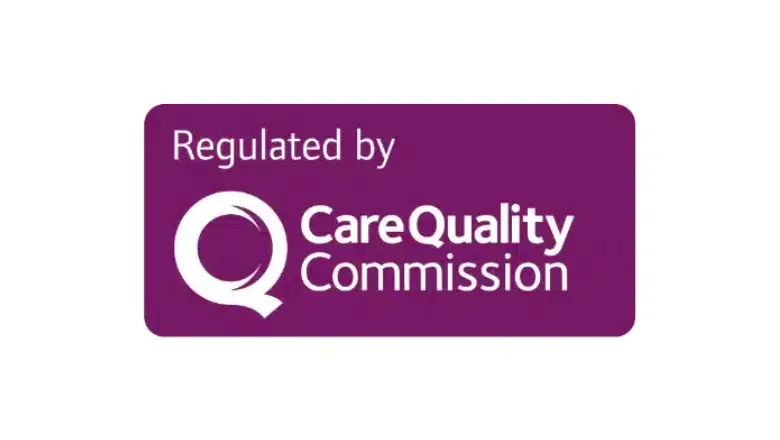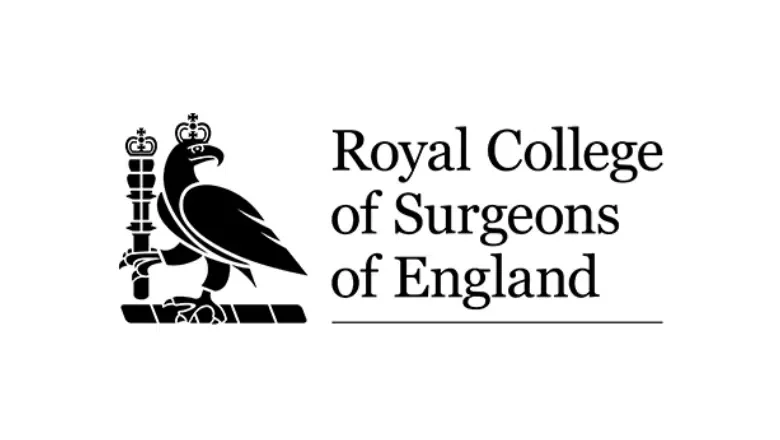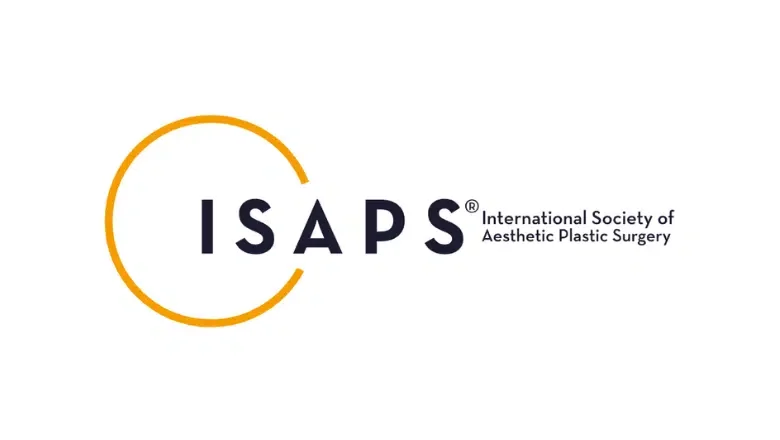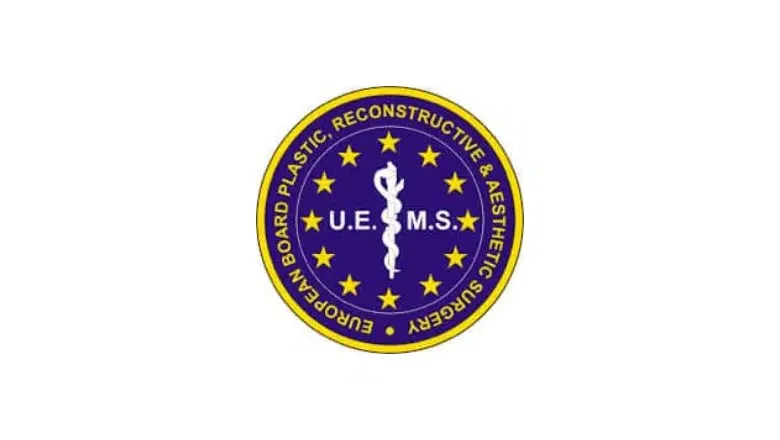Safeguarding Your Plastic Surgery Outcome: Key Strategies for Minimising Risks
Every surgical procedure, including plastic surgery, carries inherent risks and possible complications. Most plastic surgery operations are successful, often fulfilling the patient’s expectations by improving their appearance. Nonetheless, patients must understand the steps they can take to reduce the likelihood of complications following their plastic surgery.
RELATED: Risks and Complications of Cosmetic Surgery
The expertise and proficiency of your plastic surgeon are vital in decreasing these risks. However, this is only one aspect of the process. The practices adopted both before and after surgery are equally important in ensuring a successful outcome and in averting potential complications. Being aware of the risks beforehand allows you to make a well-informed decision and to select your surgeon with care.
RELATED: Choosing Your Surgeon
A significant factor in reducing surgery-related risks and complications is choosing an appropriate plastic surgeon and adhering strictly to their advice. To achieve the best possible results, you should follow all pre-operative and post-operative guidelines provided by your surgeon.
At Centre for Surgery, we specialise in facial, breast, and body surgeries. Our team of plastic and cosmetic surgery experts in London and the UK are dedicated to guiding you through minimising the complications associated with these procedures. This article aims to explore the strategies for reducing risks in plastic and cosmetic surgery.
Surgery Risk Factors: Key Factors Influencing Cosmetic Surgery Outcomes and Reducing Risks
Although modern advancements have made plastic surgery safer than in the past, it’s important to remember that no surgical procedure is entirely without risk. Several factors can influence the potential risks associated with plastic surgery for an individual patient. These include:
Patient Age
The age of a patient is a significant determinant in deciding the suitability and type of plastic surgery that can be performed. While there are overarching guidelines based on age, specific considerations related to both the procedure and the patient’s age are also taken into account by surgeons.
For instance, a full facelift, a comprehensive procedure addressing signs of ageing across the entire face, may not be typically recommended for individuals under 40. This is because the extent of ageing signs in younger patients may not warrant the invasiveness of a full facelift. Instead, younger patients often benefit more from less invasive procedures, such as a mini facelift.
RELATED: What is the Ideal Age for a Facelift?
A mini facelift targets more localised signs of ageing, primarily around the lower face and neck, and is generally considered more suitable for those in their late 30s or 40s. This procedure can provide a refreshed and youthful appearance without the need for the more extensive alterations of a full facelift.
Overall Health and Comorbidities
The overall health status of a patient, including both physical and mental conditions, is a critical factor in determining their suitability for plastic surgery. Certain health conditions can either be contraindications to surgery or significantly increase the associated risks.
Chronic diseases such as diabetes, or acute infections, whether respiratory or genital, can necessitate the postponement of a planned surgery. Patients must be in good health prior to undergoing plastic surgery. If you have any existing health conditions, discussing with your surgeon how these might affect the risks associated with plastic surgery is recommended.
Mental health and psychological readiness are equally important. Undergoing plastic surgery involves a significant change in appearance and often requires a considerable recovery period, depending on the type of procedure. Patients need to be mentally prepared for these changes and the post-surgery recovery process.
For certain types of procedures, such as gender affirmation surgeries like MTF Top Surgery or FTM Top Surgery, a mental health assessment by a trained professional is a mandatory step. This requirement is in place to ensure that patients are psychologically ready for the transformative nature of these surgeries. Psychiatrists or other mental health professionals verify the patient’s readiness for surgery, thereby safeguarding their well-being.
Surgery Duration and Anesthesia Time
The duration of a surgical procedure, especially the time spent under anaesthesia, is an important factor to consider when assessing the risks associated with plastic surgery. Research indicates that procedures exceeding six hours can increase the likelihood of complications. This is due to the extended period under anaesthesia, which can strain various bodily systems.
Patients undergoing longer surgeries should ensure that their health is optimised before the procedure. This means addressing any existing health issues, ensuring good nutritional status, and possibly undergoing pre-surgical evaluations or tests to assess their fitness for a lengthy operation.
Surgeons and anaesthetists typically take extra precautions with prolonged surgeries. They monitor vital signs closely and make adjustments as needed to minimise the risk of complications such as blood clots, infections, or anesthesia-related issues.
Top Tips for Smoother Healing Process
For anyone undergoing plastic surgery, the journey towards achieving the best outcomes doesn’t end with the procedure itself. The post-operative phase is equally crucial, where closely following your surgeon’s aftercare advice makes a significant difference in your recovery and the final results. This tailored advice might encompass several key areas, each integral to a smooth healing journey.
Commitment to Wearing Compression Garments: If advised by your surgeon, it’s pivotal to wear these garments exactly as instructed. Designed to minimise swelling and support the affected areas, compression garments also play a role in shaping your body post-surgery, especially after treatments like liposuction or abdominoplasty. Ignoring this advice may jeopardise your surgical results.
Regulating Physical Activities: Post-surgery, it’s vital to strike a balance in your physical activities. While gentle movements are encouraged to promote blood circulation, diving back into strenuous exercises or any form of heavy exertion could pose risks, leading to complications such as increased swelling, bleeding, or even disturbing the surgical sites.
The Importance of Follow-Up Appointments: Attending scheduled post-operative check-ups is not something to take lightly. These appointments provide a platform for your surgeon to monitor your healing progress and to catch any potential issues early. They also offer an opportunity to adjust your aftercare plan as needed, ensuring a recovery tailored to your body’s healing pace.
Adherence to Medication Schedules: Following your prescribed medication routine is another cornerstone of post-surgery care.
Preventing Infection
Infection is a potential risk in any surgical procedure, and its prevention is crucial for a successful outcome. Certain patients may be at a higher risk of developing post-operative infections, making infection control measures especially important.
Patients should engage in open discussions with their surgeons about the necessary care for surgical incisions to minimise the risk of wound infection. This care often involves specific instructions on keeping the wound clean and dry, and the proper way to change dressings to maintain sterility.
Non-compliance with prescribed antibiotic regimens is a common cause of post-operative infections. Patients need to take their antibiotics as directed to prevent infection. They should also avoid contaminating the wound and follow instructions regarding wound care and dressing changes.
Taking good care of the surgical site is key in preventing wound infections. Good nutrition plays a role as well; a well-nourished body is better equipped to heal and fight off infections. Pre-operative measures, such as pre-washing the surgical site with an antibacterial agent in the days leading up to surgery, can also be beneficial in reducing the risk of infection.
Protecting Your Skin from the Sun for Enhanced Recovery and Results After Plastic Surgery
The journey to optimal healing and achieving desired outcomes from plastic surgery doesn’t stop at the procedure itself; it extends into the care and precautions taken before and after the operation. Among these precautions, one of the most critical is minimising exposure to the sun’s ultraviolet (UV) rays. Both pre-operative and post-operative sun avoidance can play a significant role in the recovery process and influence the overall quality of the results.
Before Surgery: Steer Clear of the Sun In the weeks before your surgery, keep your skin shielded from the sun. UV radiation can damage skin cells, affect skin quality, and even lead to complications during the healing process. Ideally, avoiding sun exposure for at least two weeks before your surgery is recommended to ensure your skin is in its best condition for the procedure.
After Surgery: Why Sun Protection is Paramount Post-surgery, your skin is especially susceptible to the detrimental effects of UV rays. Sunlight can not only lead to unwanted skin discolouration but can also significantly impact the appearance and healing of surgical scars. In some instances, the adverse effects of UV exposure, such as permanent discolouration, can mar the aesthetic outcomes of the surgery.
The Healing Phase: A Time for Patience and Protection Following surgery, it’s natural to be keen on revealing your new look. However, this period is critical for internal healing and skin recovery. Sun exposure can interrupt and delay this delicate process. It’s not merely about immediate aftercare; safeguarding your skin from the sun is a long-term commitment essential for maintaining the results of your surgery.
How Long Should You Avoid the Sun? The general guidance for patients post-surgery is to maintain a vigilant sun protection regimen for several months. This involves wearing sun-protective clothing, applying broad-spectrum sunscreens with high SPF, and avoiding direct sun exposure, particularly during peak hours when UV radiation is most intense. Such measures are not just about ensuring the best surgical outcomes; they’re about embracing a lifestyle that prioritises skin health and longevity.
Understanding Procedure-Specific Risks
The type of plastic surgery being performed significantly influences the level of risk associated with the procedure. Different surgeries carry varying risks and potential complications, which are important for patients to understand before undergoing any procedure.
For example, a Brazilian Butt Lift (BBL), a popular procedure that involves transferring fat to the buttocks to enhance their size and shape, is known for specific complications like fat necrosis. Fat necrosis occurs when the transferred fat cells do not survive, leading to firm lumps and discomfort.
Abdominoplasty, commonly referred to as a tummy tuck, and other abdominal surgeries are more prone to post-operative complications such as seromas. A seroma is a collection of fluid that builds up under the skin, requiring careful management to prevent infection or other issues.
During consultations, surgeons at our clinic will thoroughly discuss the specific risks associated with the procedure you are considering. They will provide detailed information about how these risks can impact your surgery and recovery, as well as strategies to minimise them.
Avoiding Substance Use
The use of certain substances, including tobacco, nicotine products, alcohol, and recreational drugs, can significantly increase the risk of complications during and after plastic surgery. It’s crucial for patients to understand and adhere to guidelines regarding the avoidance of these substances to ensure a safer surgical experience and recovery.
- Smoking and Vaping: Both smoking and vaping can impede healing and increase the risk of complications during surgery. Nicotine constricts blood vessels, which can reduce blood flow to the surgical area, thereby impairing the healing process. Patients who smoke or vape are usually advised to quit for an extended period both before and after their procedure.
- Aspirin and Blood Clotting Medications: Some medications, like aspirin, can affect blood clotting. It’s important for patients to disclose all medications they are taking to their surgeon, as they may need to stop taking certain medications for a period before surgery to reduce the risk of excessive bleeding.
- Alcohol Consumption: Alcohol should be avoided for at least two weeks to a month after surgery. Alcohol can dehydrate the body, interfere with medications, and impair the body’s natural healing processes.
- Recreational Drugs: The use of recreational drugs can have unforeseen effects on anaesthesia and recovery. These substances should be completely avoided when planning for cosmetic surgery.
Operating Theatre Safety Measures
Adherence to stringent safety protocols in operating theatres is crucial for minimizing complications and risks associated with plastic surgery. The choice of the facility where the procedure is performed should be made with utmost care, as it significantly impacts the safety and success of the surgery.
- Importance of Facility Standards: A reputable facility with high safety and hygiene standards provides a controlled environment that significantly reduces the risk of complications such as infections. Centre for Surgery have rigorous protocols for instrument sterilisation, use of equipment, and standard operating procedures.
- Risks of Undergoing Surgery Overseas: Opting for cheaper cosmetic surgery procedures in foreign countries can be risky. Often, these locations, such as Turkey, may not adhere to the strict safety measures and hygiene standards practised in more regulated countries. This lack of strict protocols can lead to a higher incidence of post-surgical complications.
- Considerations Beyond the Surgeon: While the plastic surgeon’s expertise is key, the quality of the hospital or clinic where the surgery is performed is equally important. A well-equipped facility with experienced medical staff, advanced technology, and emergency preparedness is essential for a safe surgical process.
- Evaluating the Facility: Before booking your procedure, it’s important to research and check the facility. This includes checking for accreditations, understanding the level of care provided, and ensuring that the facility has a good track record in handling the type of surgery you are considering.
Minimising Complications of Cosmetic Surgery: Why Choose Centre for Surgery
At Centre for Surgery, we are dedicated to providing top-tier plastic surgery services with a keen focus on minimising complications and ensuring optimal outcomes for our patients. Our team of expert surgeons and state-of-the-art facilities at our Baker Street clinic in London are equipped to offer the highest standard of care.
Patient Testimonials:
- “After my abdominoplasty at Centre for Surgery, I was astounded by the professionalism and care from the team. The results are beyond what I imagined, and the recovery was smooth, thanks to their clear post-op guidance.” – Emily R.
- “Choosing Centre for Surgery for my facelift was the best decision I made. The attention to detail and patient care was exceptional, and the results have given me newfound confidence.” – John S.
- “The team at Centre for Surgery transformed my experience with cosmetic surgery. From the detailed consultation to the excellent aftercare, every step was reassuring and professional.” – Sarah L.
Why Us: Our clinic is renowned for its comprehensive approach to patient care, starting from the initial consultation to post-operative follow-ups. We believe in personalised treatment plans, tailored to meet the unique needs of each patient. Learn more about why patients choose us: Centre for Surgery – About Us.
Finance Options: We understand that financial considerations are important. That’s why we offer a range of finance options, including 0% APR with Chrysalis Finance, to make procedures more accessible. Explore our finance options: Centre for Surgery – Finance Options.
Further Information: For more insights and updates on plastic surgery, visit our regularly updated blog: Centre for Surgery Blog. Additionally, our FAQ section provides answers to common queries: Centre for Surgery – FAQs.
Visit Our Clinic: Experience our exemplary care and consult with our experts at our Baker Street clinic in London. Learn more and book a consultation: Baker Street Clinic.
Contact Us: Ready to take the next step? Schedule a consultation to discuss your needs and options. Contact us at:
- 📞 Phone: 0207 993 4849
- 📧 Email: contact@centreforsurgery.com
- 📍 Address: 95-97 Baker Street, London W1U 6RN
Choose Centre for Surgery for a safe, professional, and caring journey towards your aesthetic goals.

